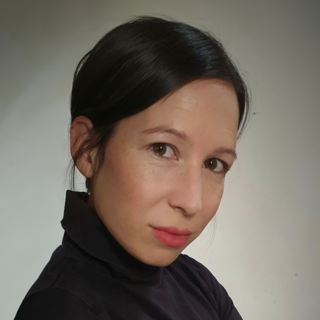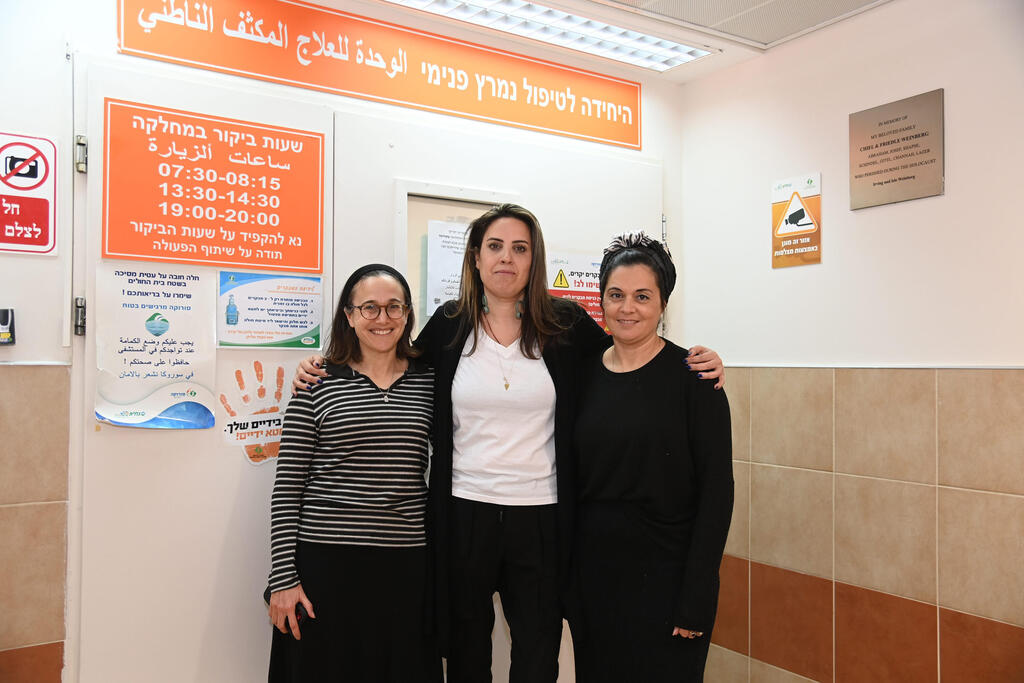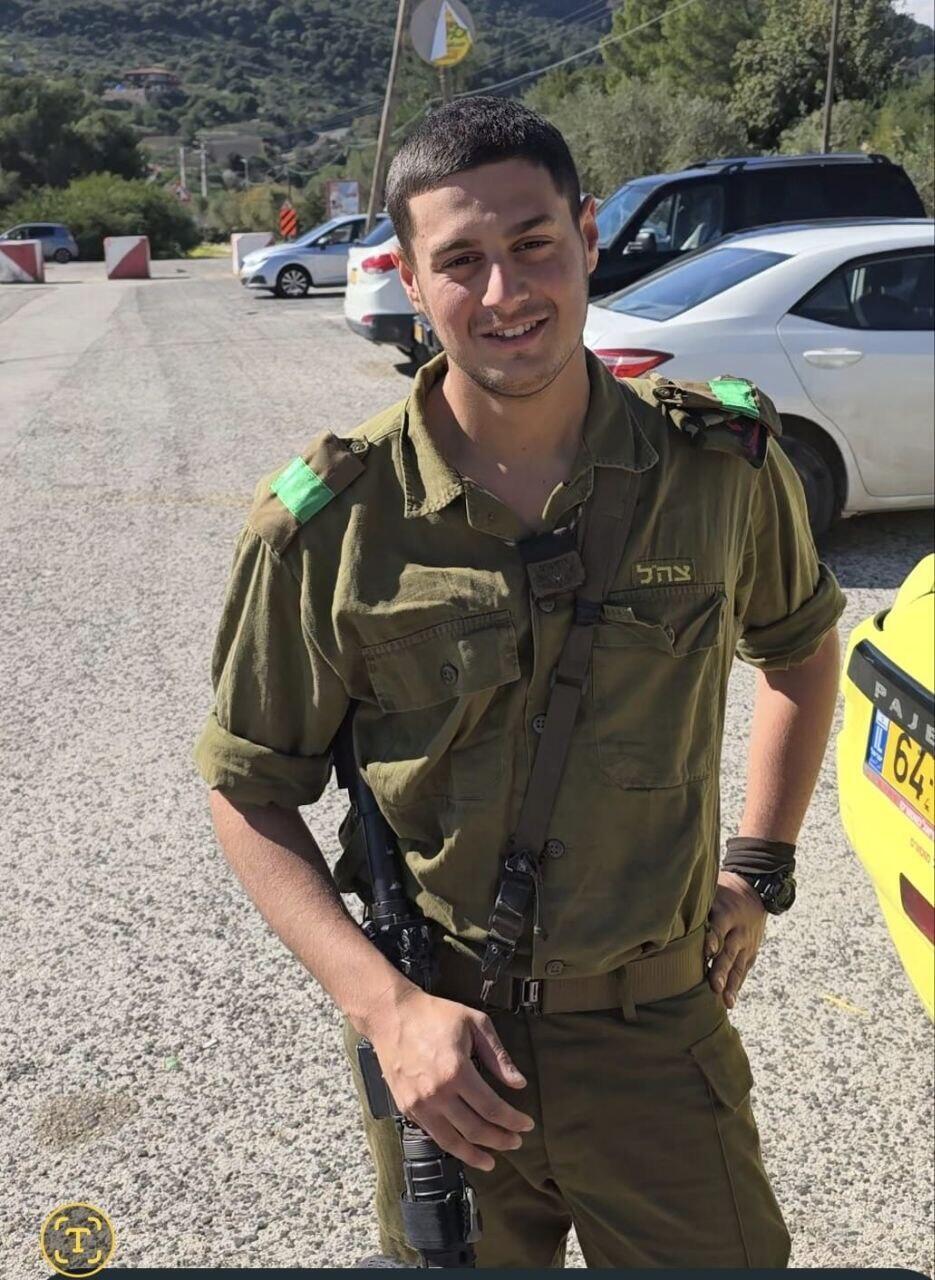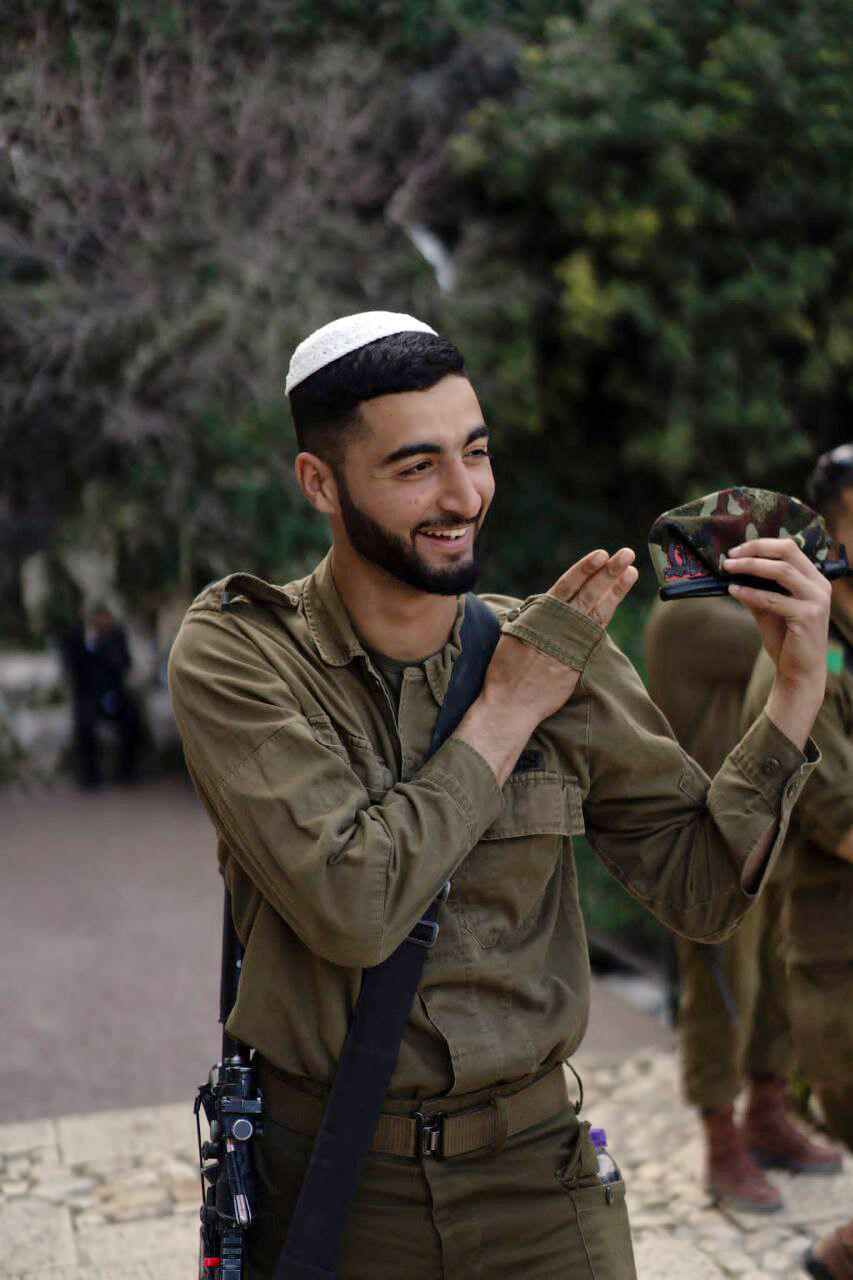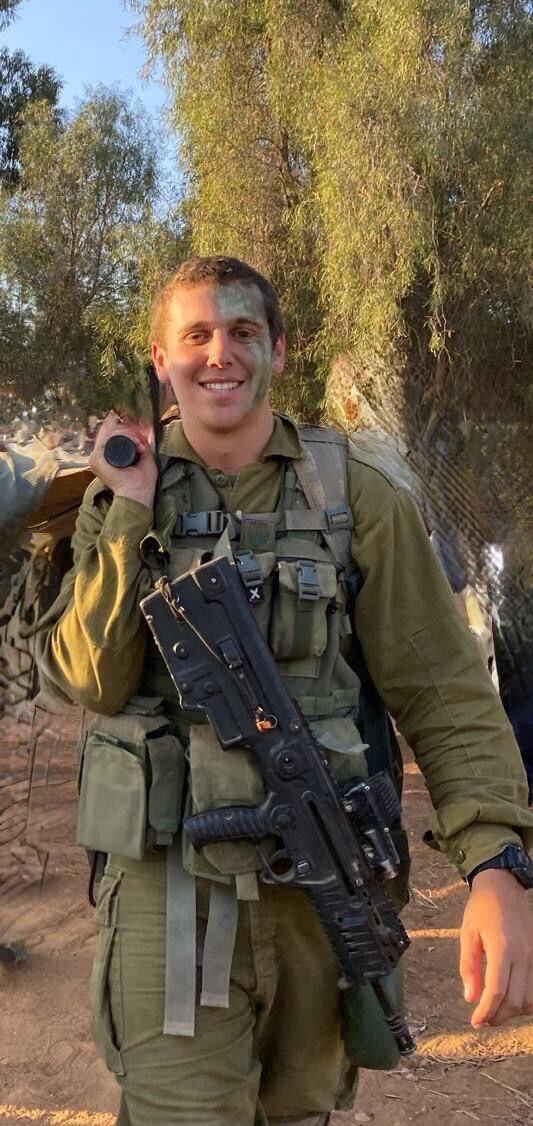Getting your Trinity Audio player ready...
Hanna Saidov, 43, from Jerusalem and Smadar Ocampo, 49, from Shlomi arrived at Soroka Medical Center in Be'er Sheva last Friday after receiving the news that their sons, Harel Saidov and Oz Ocampo, 20, from the Kfir Brigade, were severely wounded in an explosion in a building in Khan Younis. In the hospital, they met Leah Shpitz, whose son Ari, 21, was severely wounded in Zeitoun in a battle in which two soldiers were killed.
More stories:
"The families here have become one big family," Saidov said. "We arrived here Friday evening in chaos. We didn't know where we were. The veteran families welcomed and hugged us and lit Shabbat candles with us. They gave us an 'initiation ceremony' for this place."
"I want members of Knesset to come here and see how this country needs to function. We have here people from kibbutzim, national religious people, secular and religious, and they are managing their war here. There is a brotherhood of arms here. Every time someone recovers, we hug," she added.
"Hannah had it hard and it's not easy. I said she has a mission. And I am the mission," Ocampo said. "I embrace her, and we have our groups of blessings, managing prayers. We spoke with the boys' friends who were with them in the incident. We tried to hear what happened. But it's tough. Life stops in one moment. Everything becomes proportionate. You understand the meaning of life and how you get your family back."
"We have a lot of time to be here and then in recovery. We sleep in the hotel at night, and before I arrive in the morning, while my husband showers, I allow myself to cry, to hear him say 'Mom' in my imagination. When they started bombing the north, he thought he would be a second Oct. 7 there. His head was with us and also there in Gaza. He said 'we will get them back, we will return with captives. We will find them,'" she said.
Hannah finds small joys in her friendship with Smadar and with Leah. "When they called us to come to the hospital, we felt like we were coming to hear the hardest news. But when we heard that he came out of surgery alive, we felt like we received the child as a gift. It's a miracle," she shared.
"On Tuesday, they slightly reduced his anesthesia, and the doctor told him, 'Harel, you're at Soroka.' When he entered Gaza for the first time, I asked him if he wasn't afraid to enter, and he said, 'Mom, after October 7, I'm not afraid. I'm going to fight for my country.' And the strongest words he said: 'I'm going to protect my brothers,'" she said.
"We are a religious household, but he has a lot of secular friends. He used to tell me about arguments between right and left that ended in a hug. And he went to defend the country. It's a privilege to serve the country. It's a brigade of fighters. Of lions. I have no doubt that when he recovers, he will want to return," she added.
5 View gallery
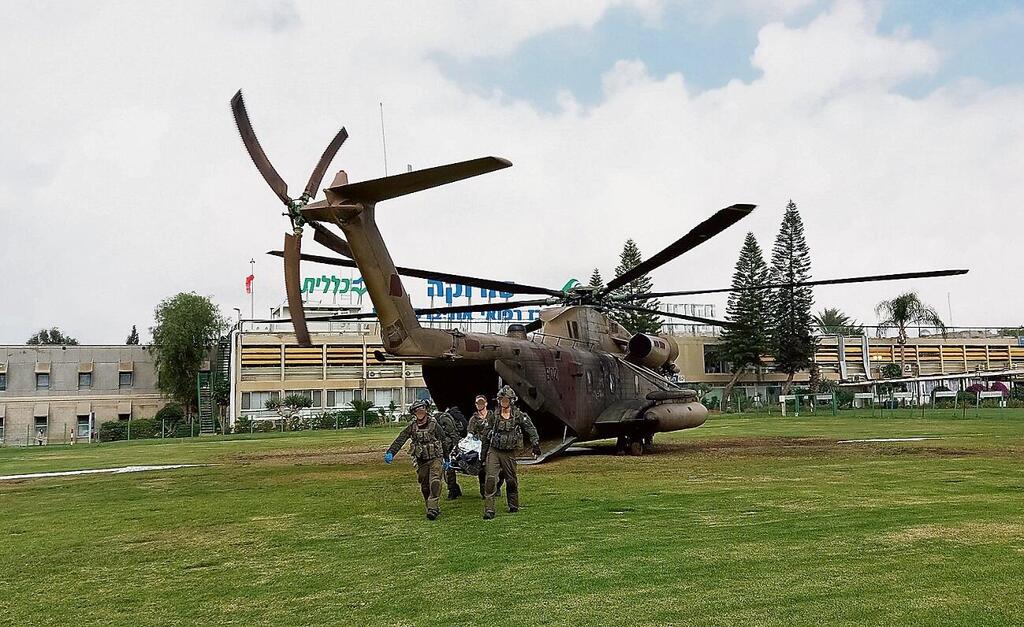

Injured soldiers are evacuated via helicopter to Soroka to receive life-saving treatment
(Photo: Soroka)
Dr. Amit Frenkel, a senior physician in the Intensive Care Unit at Soroka, has been on the front lines since the beginning of the war. He commented on last Friday: "In a short time, we received a notification of two helicopters with nine injured soldiers. We organized ourselves in no time to receive them. Most of the severe injured needed immediate life-saving surgery."
"At the same time, we waited for the part that for us is no less difficult, we waited for the families. These are conversations we are used to. We know the eyes of the parents' fear of receiving any possible piece of information, and we are in the midst of this great conflict, torn between the need to say things as they are and the desire to give hope." Dr. Frankel updated that there has been an improvement in the condition of one of the injured. Three others are still in critical condition.
Shpitz is considered a veteran in the Intensive Care Unit. Her son Ari is still hospitalized, with his life in danger. "He was born on the night of the attack on the Park Hotel," she said. "On Passover, he will be 22 and we dream that by then he will be able to be at home. We brought a child into a difficult reality. When my husband and I were on our way to Soroka in the car, we chose life. We made the decision that we choose life, and that Ari will have a happy life and we will be there for him no matter what."
"He entered Gaza with his head held high, with a clear understanding of why he was going in. My son experiences one miracle after another. He just needs a few more miracles. Ari received 30 blood transfusions and survived the evacuation to Soroka. He arrived with recognition and fought to stay alive. He will live a full and good life. He had so many miracles on the way here," she added



